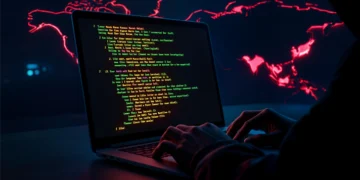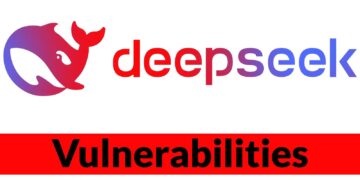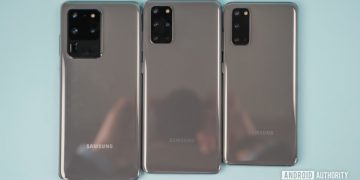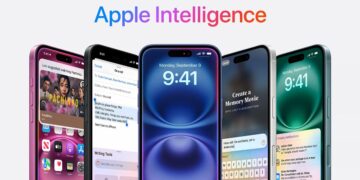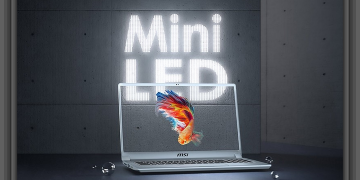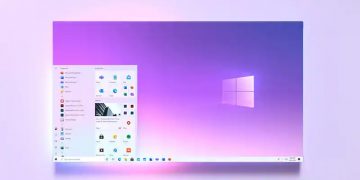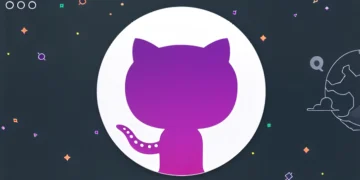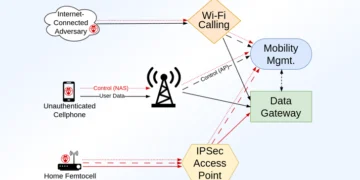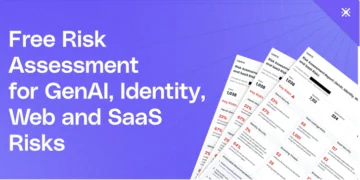Bugs do not pose an instantaneous risk, and there’s no proof they had been exploited, as ZecOps claimed earlier this week, Apple says.
Apple is difficult the reported severity of two zero-day vulnerabilities in iOS that safety agency ZecOps disclosed earlier this week.
ZecOps had described one of many vulnerabilities as being significantly harmful as a result of it was remotely exploitable with none consumer motion. The safety vendor mentioned its researchers had noticed a possible nation-state risk actor actively exploiting the zero-click flaw in a number of focused assaults.
The victims included people from a Fortune 500 firm in North America, a number of managed safety companies suppliers in Saudi Arabia, and a telecommunications firm in Japan.
ZecOps mentioned attackers may set off the bugs by sending specifically crafted e-mail messages to iOS MobileMail. Nevertheless, the safety vendor had additionally famous that the 2 bugs alone couldn’t hurt iOS customers. Attackers would additionally require extra bugs — together with one on the kernel stage — for full management of the focused units, based on ZecOps.
The seller mentioned that a number of variations of iOS had been impacted, from iOS 13.4.1 all the way in which again to iOS 6 from 2012 — and presumably even earlier variations.
ZecOps’ disclosure attracted some consideration as a result of iOS zero-days are comparatively uncommon and due to the safety claims that the bugs had been being actively exploited. Apple has mentioned it’ll launch a patch for the problems in an upcoming model of iOS.
In an emailed assertion to Darkish Studying, an Apple spokesman mentioned the corporate had “totally investigated” ZecOps’ report. “Primarily based on the knowledge offered, [we] have concluded these points don’t pose an instantaneous threat to our customers,” the spokesman mentioned.
The problems that ZecOps recognized in Mail alone are inadequate to bypass iPhone and iPad safety protections, Apple mentioned, in obvious settlement with ZecOps’ evaluation of the bugs. However the firm added that its researchers had discovered no proof that the bugs had been used towards any clients, opposite to ZecOps’ claims of huge exploitation.
“These potential points shall be addressed in a software program replace quickly,” Apple mentioned. “We worth our collaboration with safety researchers to assist hold our customers protected and shall be crediting the researcher for his or her help.”
Apple was not alone in questioning ZecOps’ evaluation of the bugs. The questions needed to do extra with how the vulnerabilities could possibly be exploited and never whether or not the vulnerabilities existed or how ZecOps had described them.
In a tweet, Jann Horn, a safety researcher with Google’s Venture Zero bug-hunting group, mentioned one piece of knowledge ZecOps had recognized as doubtlessly suspicious could possibly be attributed to one thing innocuous.
“Your writeup says, ‘The suspicious occasions included strings generally utilized by hackers (e.g. 414141…4141)’,” Horn mentioned in his tweet. “However that is additionally what it seems to be like once you simply base64-encode nullbytes; and that is MIME parsing, so that you’re more likely to see base64-encoded knowledge.”
Wealthy Mogull, an analyst at Securosis, questioned ZecOps’ claims of widespread exploitation. “Seems like you may have an actual vuln however the proof of exploitation seems to be weak,” he mentioned in a tweet this week. ZecOps’ disclosure offered no info on post-exploitation chaining that may result in info disclosure or code execution. “Any replace you’ll be able to share? Fairly large declare of a no-click mail 0-day getting used,” Mogull’s tweet additionally mentioned.
Analysis has proven that enterprises usually handle threat by way of their belongings, which is why for his or her newest installment of P2P, Kenna has pivoted from a vulnerability-centric view to an asset-centric view of remediation. Obtain your copy todayBrought to you by Kenna
Dino Dai Zovi, a famous safety researcher and CTO at Capsule8, expressed related doubts over ZecOps’ claims. “I additionally did not comply with how the crashes described could possibly be leveraged for dependable [Remote Code Execution] on these variations of iOS,” he tweeted. “That does not imply it isn’t attainable, simply that I do not see how MIME decoding will get you a predictable heap structure and/or deal with leak suggestions to craft ROP chain, and so on.”
Like others, Dai Zovi urged ZecOps for a follow-up weblog to explain how precisely the vulnerabilities it described could possibly be realistically exploited.
Zuk Avraham, founder and CEO of ZecOps, didn’t instantly reply to a Darkish Studying request for touch upon the questions being raised about his firm’s analysis. As a substitute, he pointed to a statement his firm had posted on Twitter standing by the corporate’s unique claims.
“Based on ZecOps knowledge, there have been triggers-in-the-wild for this vulnerability on a couple of organizations,” the corporate mentioned. “ZecOps will launch extra info and POCs when a patch is offered.”

